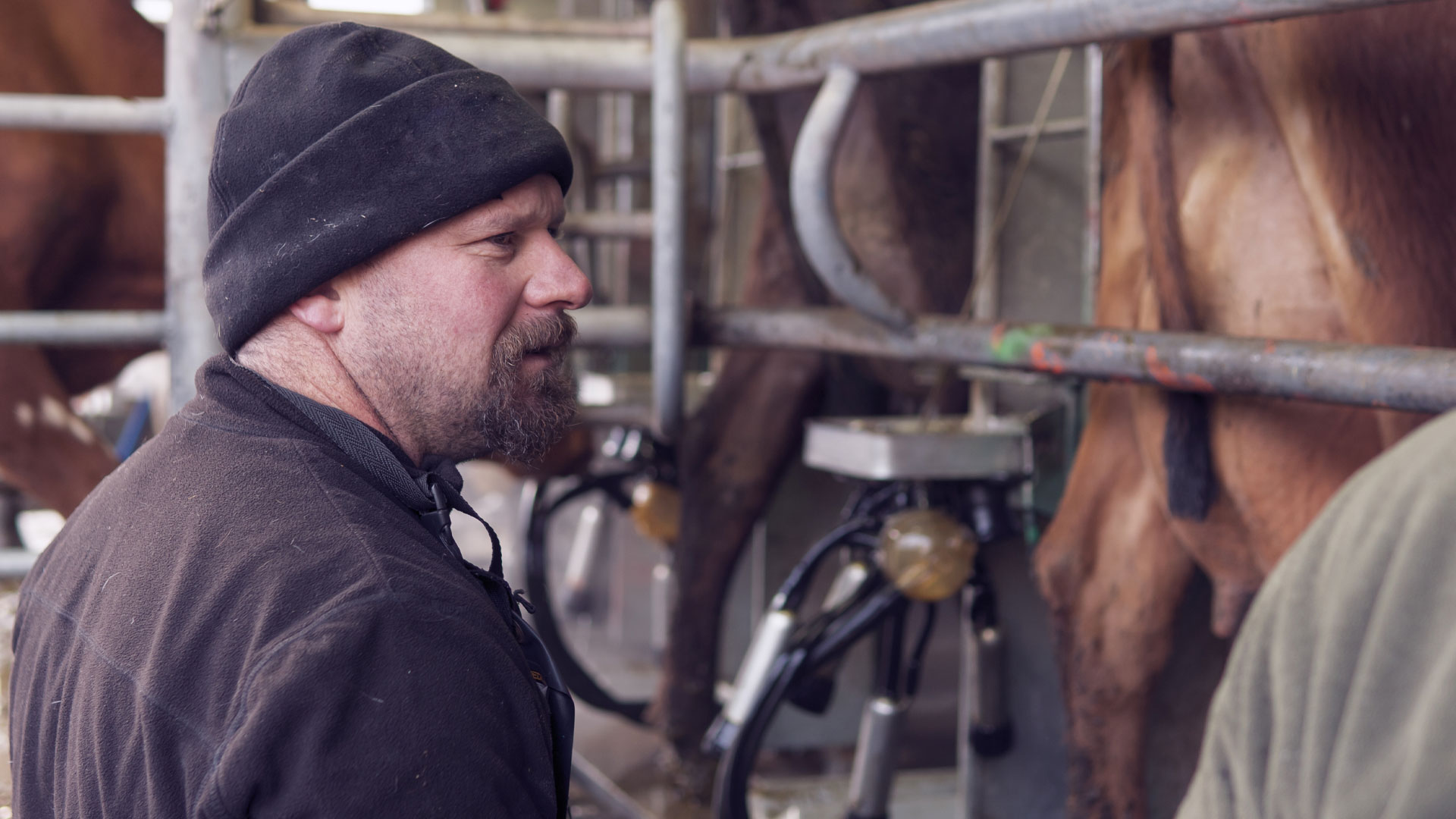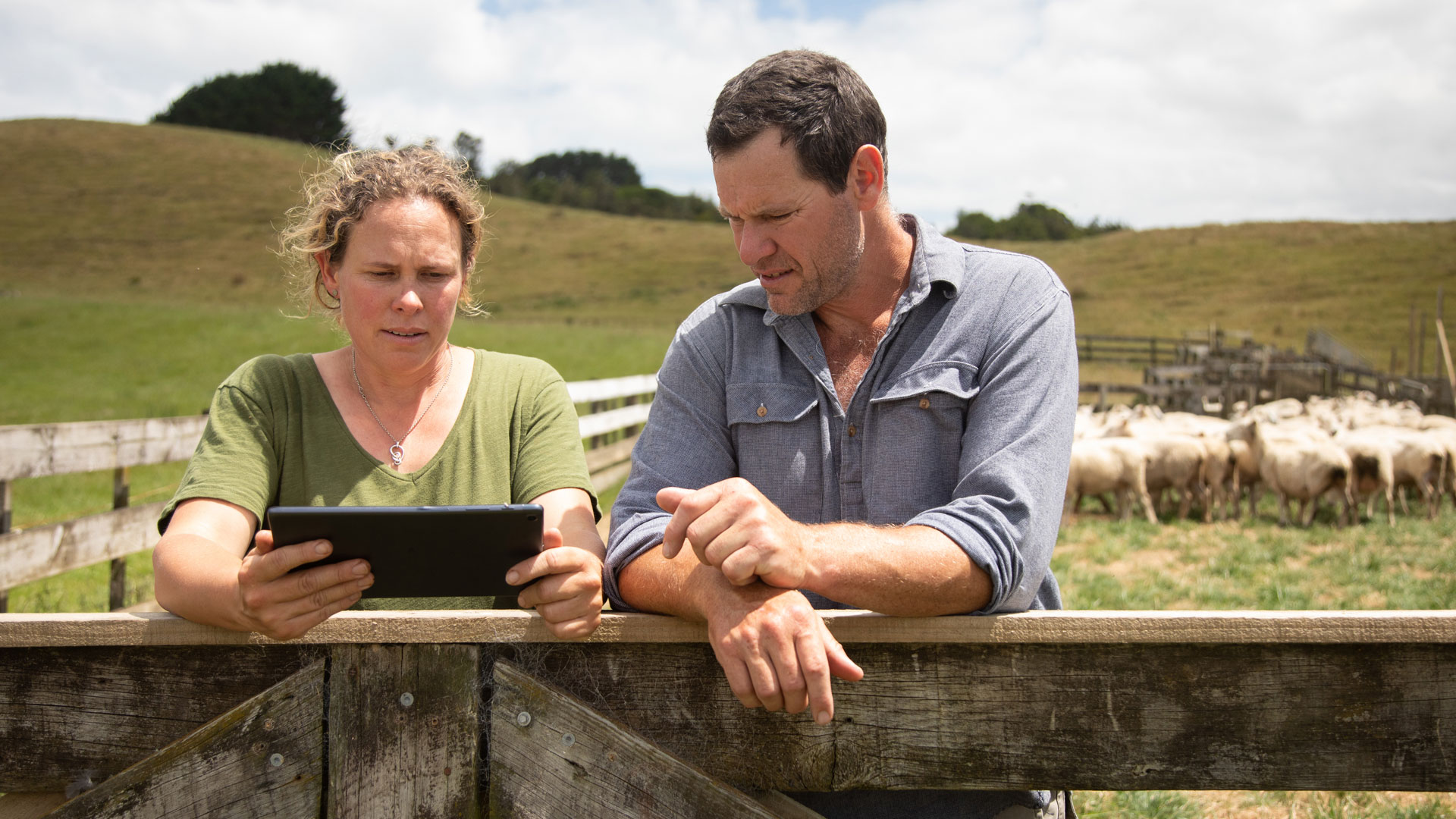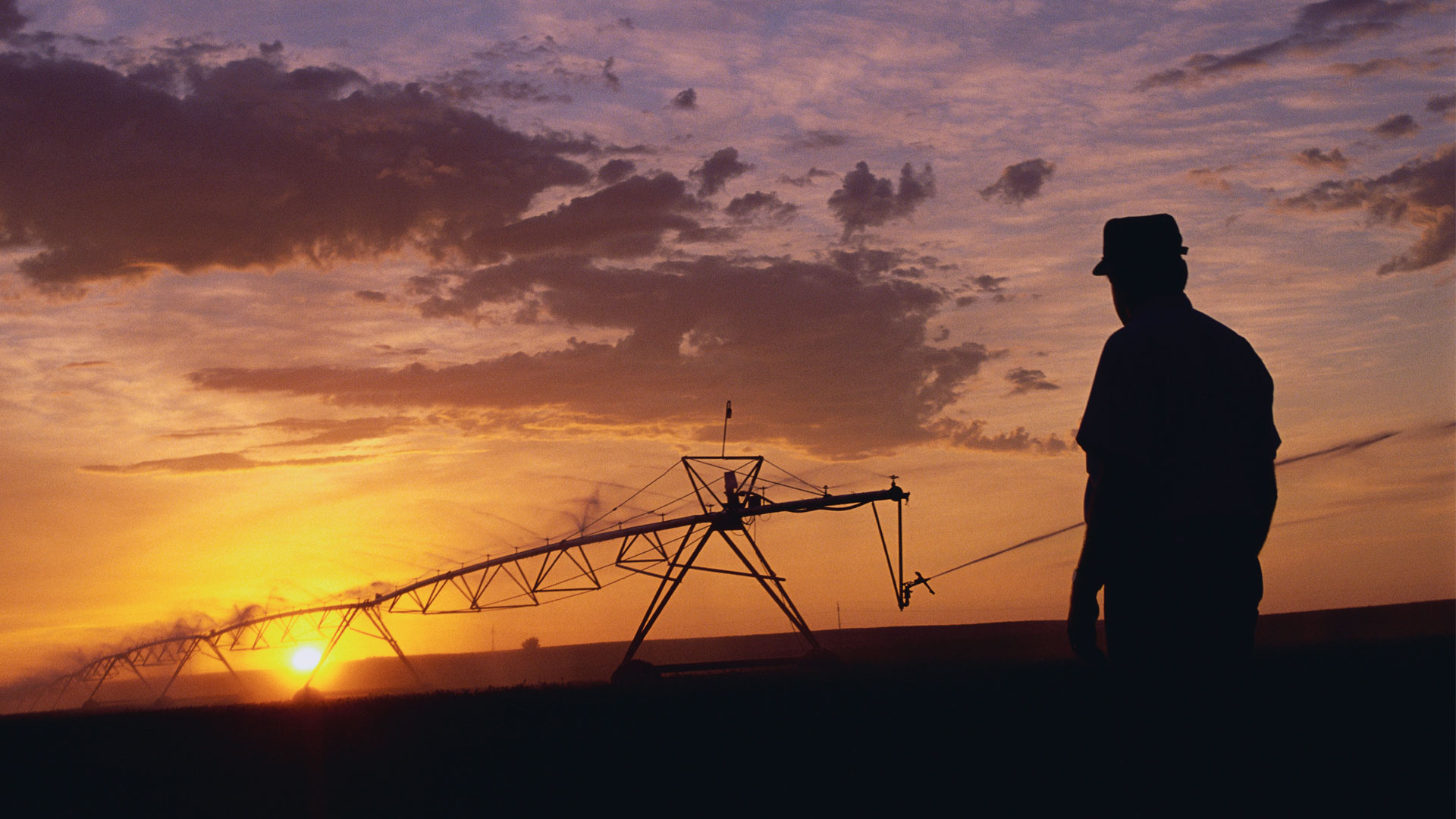Careers advice
Key skills you’ll need for farm jobs in Aotearoa
With these skills under your belt, you’ll be an asset to any farm in Aotearoa.
Last updated: 6 December 2023
Working on a farm in Aotearoa New Zealand can be an immensely rewarding experience.
You’ll be surrounded by beautiful landscapes, live among friendly communities and have the opportunity to earn a decent wage and grow your CV.
In this guide, we'll explore the essential skills you need to excel in farm jobs in Aotearoa New Zealand. Whether you're a seasoned farmer or a newcomer to the field, this information will help you prepare for the challenges and rewards of doing a variety of farm jobs.
1. Physical fitness and stamina
Aotearoa New Zealand's farms often involve physically demanding work. You’ll find yourself lifting heavy objects, tending to livestock, or spending long hours on your feet. Being in good physical shape and having the stamina to endure strenuous tasks is crucial to success in this sector.
2. Animal husbandry skills
A significant portion of farm work in Aotearoa New Zealand revolves around livestock. We’re world famous for our merino wool and beef, just to name two products. So, whether it's sheep, cattle, dairy cows, or poultry, you need to be well-versed in animal husbandry. This includes understanding their behaviour, feeding, breeding, and health management, and being able to think on your feet when things go wrong.
3. Crop management
If you're involved in crop farming, knowing how to manage crops effectively is essential. This involves planting, cultivating, and harvesting crops while also understanding factors like soil health, irrigation, and pest control. Aotearoa New Zealand's climate and diverse landscapes offer opportunities to work with a wide variety of crops, so learning the quirks of each will be immensely beneficial.
Technoloy and data are revolutionising farming in Aotearoa.
4. Machinery operation
Modern farming relies heavily on machinery and equipment. You should be comfortable operating tractors, ploughs, harvesters, quad bikes and other farm machinery safely. Proper maintenance and troubleshooting skills are also highly valuable to keep equipment in good working order.
5. Problem-solving abilities
Farming can be unpredictable, particularly with the current uncertainty in global food markets.. You may encounter weather-related challenges, disease outbreaks, or equipment breakdowns. Being able to assess and solve problems on the spot is a valuable skill. Developing a proactive approach to addressing issues can make a significant difference in farm productivity.
Being able to react to changes in crop and livestock values is also key if you’re to make informed decisions about the farm on a strategic level.
6. Environmental awareness
Aotearoa New Zealand places a strong emphasis on environmental sustainability, and there’s a growing list of legislation that farmers need to be aware of and comply with. Having someone to help them with this is a huge value add for them.
7. Communication skills
Working on a farm often involves collaborating with a team. Good communication skills are vital for coordinating tasks, sharing information, and ensuring everyone's safety. Additionally, effective communication with suppliers, customers, local authorities and your community and neighbours is crucial for a successful farm operation.
Time management is a key skill for farmers and farmhands.
8. Time Management
The farming industry operates on tight schedules. Effective time management skills are necessary to meet planting, harvesting, and livestock care deadlines. Prioritising tasks and creating efficient workflows can help you make the most of your time.
9. First aid
Safety should always be a top priority on the farm. Knowledge of first aid and health safety practices can be life-saving in emergencies, particularly on remote farms, where professional medical help can be hours away. Familiarise yourself with basic first aid techniques and ensure that you have access to necessary safety equipment, such as fire extinguishers and first-aid kits.
10. Financial management
If you're considering running your own farm or taking on a management role, financial literacy is crucial. Understanding budgeting, profit margins, and financial planning will help you make informed decisions and ensure the long-term sustainability of the farm.
11. Pest and weed control
Managing pests and weeds is an ongoing challenge in farming. Be aware of local pest and weed species and learn effective control methods, which may include chemical applications, biological control and traps.
12. Record keeping
Accurate record-keeping is essential for tracking farm activities, expenses, and revenue. Keeping detailed records will help you make informed decisions, meet regulatory requirements, and assess the overall health of your farm.
13. Labouring
Basic construction and labouring skills will be useful in any farm hand role. Whether it’s building fences, constructing new facilities or repairing existing structures, there’s always work to be done.
Author
Other articles you might like




